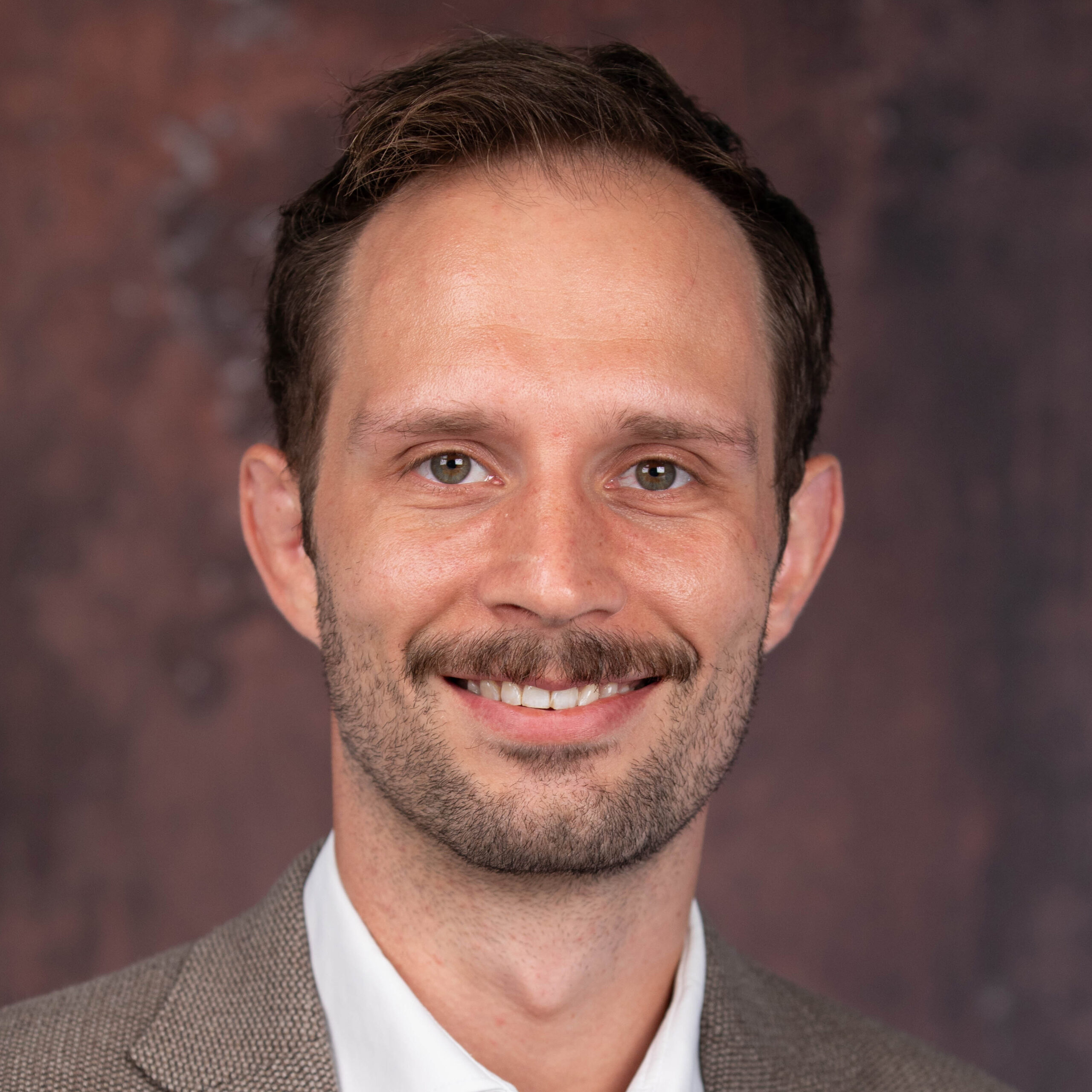Rich Eva: Bringing Character and Ethics into the Engineering Curriculum
By Michaela Martinez
As director of the new Character Forward Initiative, he's working with faculty to help students become great engineers—and good people

Richard Eva joined Duke’s Pratt School of Engineering on August 1, 2024, as the director of the new Character Forward Initiative. In the new role, Eva is collaborating with faculty and staff across the school to modify courses and pilot new ideas that help students cultivate positive character traits and a deeper understanding of the ethical principles that shape their work.
Most people probably don’t think of engineering and philosophy as two fields with a lot of overlap—after all, Plato, Aristotle and Immanuel Kant weren’t revered for their ability to program a robot or grow biomaterials in a lab.
And while faculty may dedicate a lesson to discussing the ethical quagmires in their respective fields, they often don’t have the time or resources to engage beyond a surface-level discussion.
“The history of engineering ethics education has been mainly focused on giving students insight into the theoretical debates around ethics, like arguments regarding the use of stem cells in research or the broad uses of AI,” said Eva. “But in general, that hasn’t been the most effective. You’re not challenging a student’s way of thinking or helping them become a better person. You’re telling them abstract concepts and moving on.”
Eva aims to change that with the Character Forward Initiative.
Supported by funding from Duke’s Undergraduate Program Enhancement Fund, the Lord Foundation and the Kern Entrepreneurial Engineering Network, the Character Forward Initiative was established to help faculty more effectively integrate ethics and character-building exercises into their curriculum.
The goal, Eva says, isn’t just to transform students into great engineers—we want them to be good people, too.
Director, Character Forward InitiativeNot only do we need to incorporate ethics into every level of our curriculum, but we also need to help our students cultivate traits like kindness, patience, curiosity and intellectual humility.
“To do that, not only do we need to incorporate ethics into every level of our curriculum, but we also need to help our students cultivate character traits like kindness, patience, curiosity and intellectual humility,” said Eva.
According to Eva, cultivating these character traits is similar to cultivating engineering skills; all it takes is practice. For example, faculty all stress that failure is a necessary part of the engineering process as students learn to identify and correct problems.
But Eva also wants students to consider how they feel about failure and assess how they can personally grow from the experience. Making these character reflections part of the engineering process helps students develop a habit of self-assessment and self-awareness.
Students aren’t the only ones who’ll be receiving a character-forward education. In his role as program director, Eva will organize workshops with expert speakers who can share the latest and most effective educational approaches around character and ethical development, provide one-on-one consultation for interested faculty, and host a reading group to discuss literature surrounding engineering and ethics.
With a doctorate in philosophy from Baylor University, Eva didn’t expect to end up at an engineering school. But he says the uniqueness of his position only reinforces that Duke Engineering is setting itself apart from the crowd.
“I’ve always had a passion for making philosophy more accessible for people,” said Eva. “I want people to know that it matters, that our ethical views are going to have an impact on how we train our engineers and how we want them to think when they graduate. Duke recognizes that, and I’m excited for the opportunity to really make an impact.”
